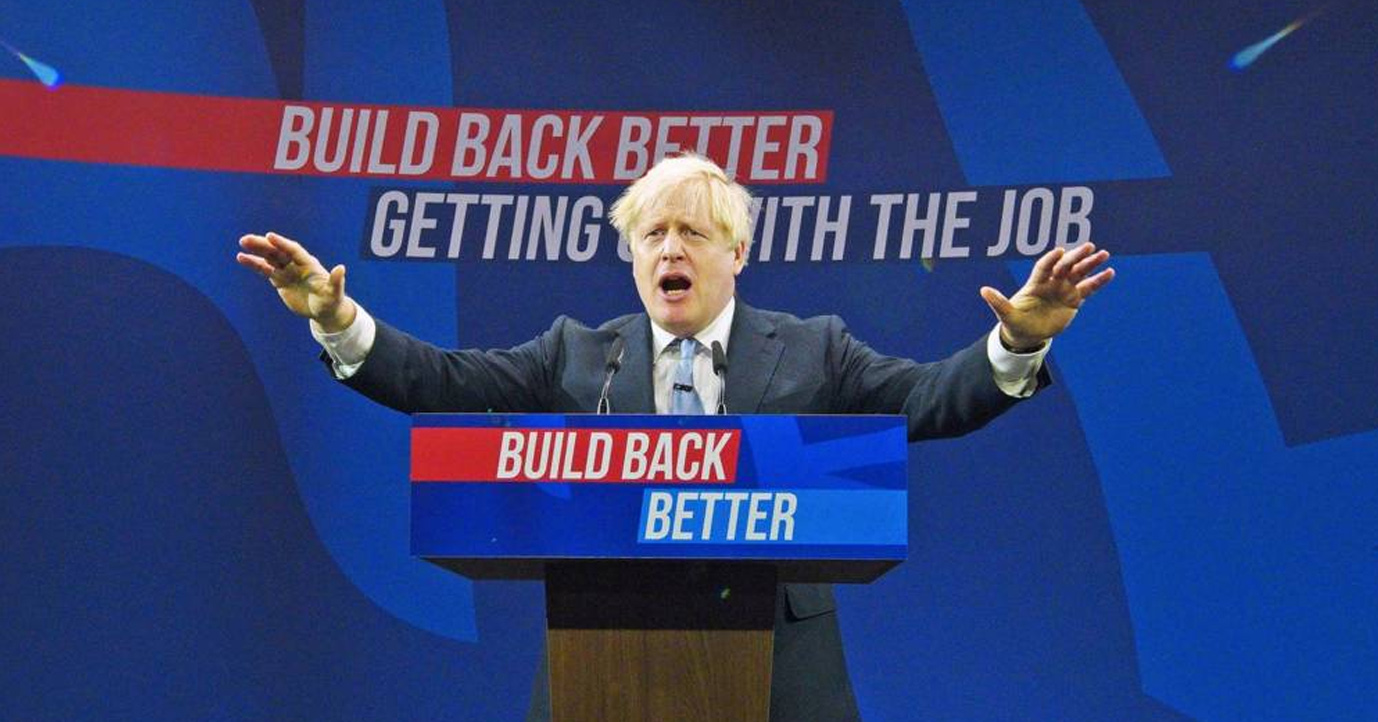
This article was first published in The Guardian
“Usually I’d say ‘What do the Tories want?’ and do the opposite. But you can’t even do that.” This complaint from an undecided voter in one of my recent focus groups sums up the frustration many people feel about the EU referendum campaign. For all that people grumble about partisan politics, the parties’ competing brands – their familiar character, principles, policies, personalities and history, in or out of office – help voters make decisions.
Without party brands to guide them, many voters feel at sea. The Conservatives are split on EU membership, and Labour has barely shown up to the debate – even those who have registered Jeremy Corbyn’s backing for remain doubt he really means it.
To many, the decision feels more important, but much more difficult, than a general election vote. Choosing a party that looks more or less like it knows what it is doing is much easier, it turns out, than reaching a verdict by weighing the evidence.
If an election is a battle of the brands, then the referendum campaign is CSI Brussels. My latest poll helps explain how the jury – the voters – are approaching the case.
With which side does the burden of proof lie? Most say the two campaigns have an equal responsibility, but slightly more say the onus is on the leave campaign than on remain. Though undecided voters accept that the EU may change in unpalatable ways, it still feels like the devil they know compared to the prospect of life outside.
A majority of voters say they will decide on the balance of probabilities, but those currently leaning towards leave are more likely than remainers to say they will need to be convinced beyond reasonable doubt. Most also expect their instincts to play a bigger part than factual information in their decision. This is truest for older voters – those aged 18 to 24 expect to decide on the basis of facts by a margin of two to one. This surely reflects the optimism of youth, since the lack of reliable facts is most people’s biggest single gripe about the campaign.
Their demand cannot be met, of course, since there is no data about the future, and even statements about the present – the number of jobs that depend on membership of the single market, for example, or the true figure for Britain’s contribution to the EU budget – are heavily contested. The more lurid warnings from each side are dismissed as scaremongering. But so, increasingly, are even the most soberly delivered forecasts about the potential downsides of staying or going.
Moreover, the motives of every witness are distrusted: President Obama acts in America’s interests, not ours; business people want what’s best for their companies, not the country; bodies such as the IMF will seek to protect the rest of Europe more than the UK.
Mark Carney, the Bank of England governor, is the closest we have seen to an impartial expert in the eyes of the electorate, but some question whether even he would say anything that might upset the government.
So the voters are left to piece together what truths they can from each side’s case. The leave campaign’s main theme – taking back control – is potent. I found more than six in 10 agreeing that “we must have more control over our own affairs even if that means missing out on some of the benefits of co-operating with other countries”. Just over one-third say that the benefits of EU membership will always outweigh the cost in terms of giving up some control over our own affairs; or that safeguards are in place to ensure too much control is not given away in the future.
The rest think the benefits used to outweigh the loss of control, but no longer, and fear too much control will be given away if we stay – or that the loss of control was never justified by the benefits of membership.
The case for remain, meanwhile, relies on risk. In my poll participants placed themselves on a scale, where zero meant they would definitely vote to remain and 100 meant they would definitely vote to leave. Over half put themselves above 50, meaning they were inclined towards leaving.
Even so, a small majority thought leaving the EU was a bigger risk than remaining. Despite the leave campaign’s warnings of what the union could become, most thought “the fact that we don’t know for sure what life outside the EU would be like” sounded like a bigger risk than “the fact that we don’t know for sure how the EU will develop or change if the UK remains a member” – especially for women, younger people and, crucially, undecided voters.
Overall, slightly more said that “the risks to the UK if we make the wrong decision” would play the bigger part in their final judgment than “the importance of controlling our own affairs”.
The verdict, then, hangs in the balance. But that is not the only thing. On one question my poll respondents were precisely divided. Exactly half thought the decision we make in the referendum “might make us a bit better or worse off as a country, but there probably isn’t much in it either way”; the other half thought it “could have disastrous consequences for us as a country if we get it wrong”.
There are four more weeks of evidence until the jury retires. As of now, not only can we not decide what to do, we can’t even decide how much it matters.


